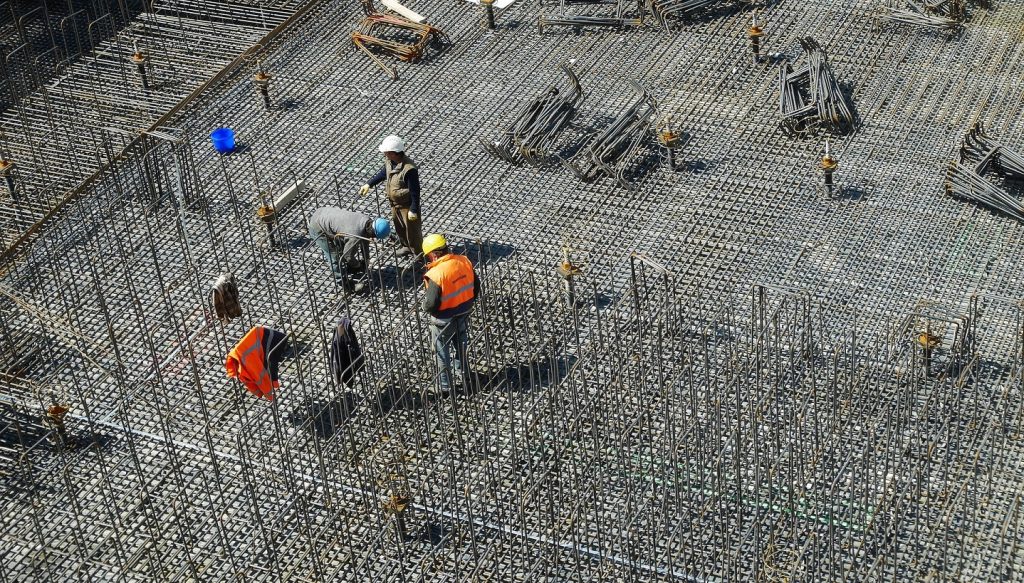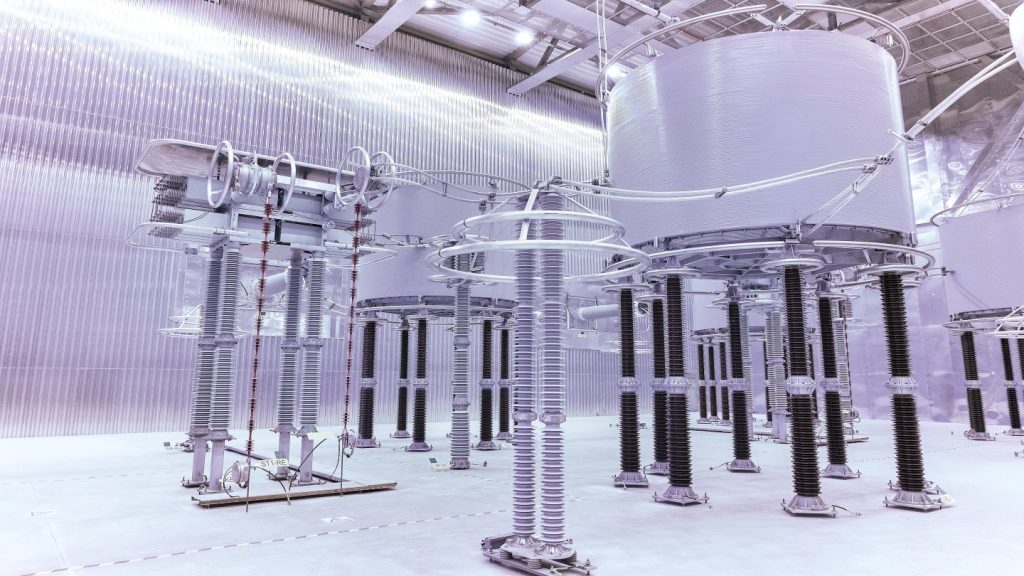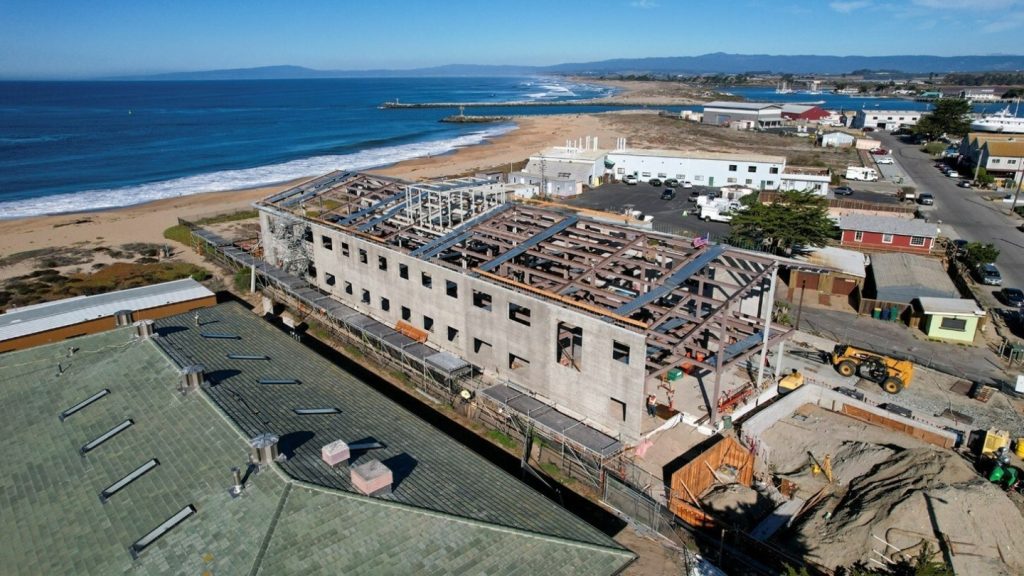GreenH Electrolysis has secured a contract to construct a hydrogen production and refuelling station in Jind, India.
GreenH Electrolysis is a joint venture between H2B2 Electrolysis Technologies and GR Promoter Group.
The station, which will be situated in the state of Haryana, is expected to supply hydrogen for India’s first hydrogen-powered train, a part of Indian Railways’ Hydrogen for Heritage initiative.
Indian Railways aims to operate 35 hydrogen trains, with the first hydrogen-run train set to operate between Jind and Sonipat, expected to launch next year.
Indian Railways granted Medha Servo Drives a contract for the pilot initiative to convert a diesel-electric multi-unit rake on the Sonipat-Jind line from diesel to a hydrogen-powered train.
Medha then awarded GreenH the contract for the engineering, procurement, and construction of the station.
GreenH will supply the equipment from its newly established proton exchange membrane electrolyser manufacturing plant in the Jhajjar district.
Medha managing director Kasyap Reddy said: “We are excited to be partnering with GreenH Electrolysis Pvt Ltd in setting up a hydrogen production and refuelling station at Jind for India's first hydrogen-powered train.
“With GreenH's technical expertise and globally proven green hydrogen technology at a commercial scale, we believe they are the best partner to deliver this critical project.”
The hydrogen station will implement a system for daily hydrogen production and train refuelling, the company noted.
In the initial phase, a 1MW electrolyser from GreenH is expected to run continuously, aiming to produce an estimated 420kg per day of hydrogen.















